by MITA MISTRY
Former scientist Jeevani Charika writes women’s fiction, which often features Sri Lankan characters and also writes romantic comedy under the pen name Rhoda Baxter.
Qualified pharmacist AA Dhand is a crime writer who has been inspired by the history, diversity and darkness of his home city of Bradford to write his Harry Virdee novels.
Mum of two Serena Patel is a children’s author who is releasing the first book in her Anisha Mistry series for ages 7+, being published by Usborne, in September.
Liz Mistry is the author of the Bradford-based, gritty, northern noir, Gus McGuire series and as well as writing crime fiction, she is doing a PhD in creative writing at Leeds Trinity University. Dr Rajeev Balasubramanyam is an award-winning novelist, whose latest book Professor Chandra Follows His Bliss is out now.
Eastern Eye got the talented authors to reveal novels that influenced them most.
Jeevani Charika: There are so many books to choose from. With my current novel, I think I can safely say the book that influenced me most was The Namesake by Jhumpa Lahiri. It’s about an Indian family living in America. I’m a Sri Lankan-Brit living in Britain, but I recognised the people in the book (particularly the second generation) as people like me, who were steeped in one culture, but carrying with us hints of another. They were middle class, educated and I’d met many people like them in real life. After reading The Namesake, I knew that I wanted to read (and write) more stories about people like that.
AA Dhand: Silence Of The Lambs by Thomas Harris. The balance of power between Hannibal Lecter and Clarice Starling is unsurpassed in crime-fiction. I think it is the greatest thriller ever written. The character dynamics, vulnerability and setting of Baltimore. As a 12-year-old, I sneakily rented the movie, but was too afraid to finish it. I borrowed the book from the library a week later and did finish that. I could not believe that a book could be more powerful than a movie – that it could keep me turning the page in-spite of myself. I knew then and there that I wanted to be a writer.
Serena Patel: When I was a child we went to library a lot, but didn’t own many of our own books. My mum bought me a complete illustrated works of Lewis Carroll and I read it over and over. The fact that poetry could be nonsensical was weird and wonderful to me and inspired me to write my own poems. I also really loved the story of Alice and the fantastical world she escaped into; it was totally bonkers and one of my favourites things to do was to curl up with this huge book, and let it take me on many brilliantly bizarre adventures.
Liz Mistry: To choose just one novel that inspired me is a tall order, but in the end, I opted for Along Came A Spider by James Patterson, which is notable for many reasons. First, the tight plotting of such a complex storyline is second to none – every thread is woven into a compelling tapestry that really packs a punch. The psychology of the killer is fascinatingly portrayed and the hero, Alex Cross is influential for its time. Here we have a detective of colour from the projects with a wholesome family morality and the physical and mental capacity to outdo an ingenious adversary. Alex has definitely influenced the way I create my own characters and remains high on my list of top 10 protagonists.
Rajeev Balasubramanyam: The Buddha of Suburbia was the first book I ever related to, aged 18. It still breaks my heart to realise I’d never even expected to meet myself in fiction. Hanif Kureishi changed this for me. I loved the humour, the tumbling and multi-fronted irreverence of it, like a man wandering through a house of mirrors and giving the finger to each and every face he sees. Yet, somewhere, in the middle of it, we find the narrator’s essence, vulnerability, need for love and crucially his magnificence, sexiness and intelligence. He didn’t know much, but he trusted himself, which helped me remember that I could too.





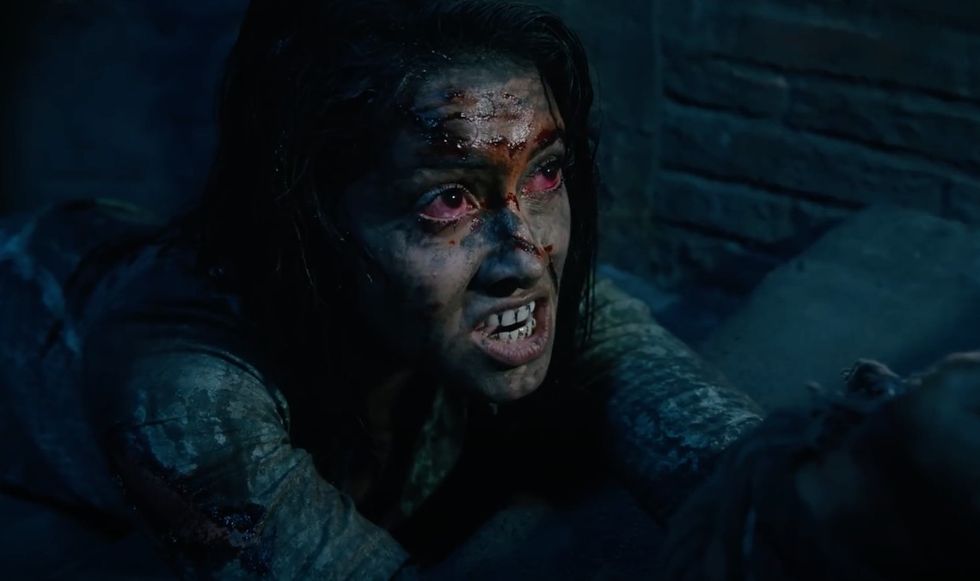 Chhorii 2
Chhorii 2









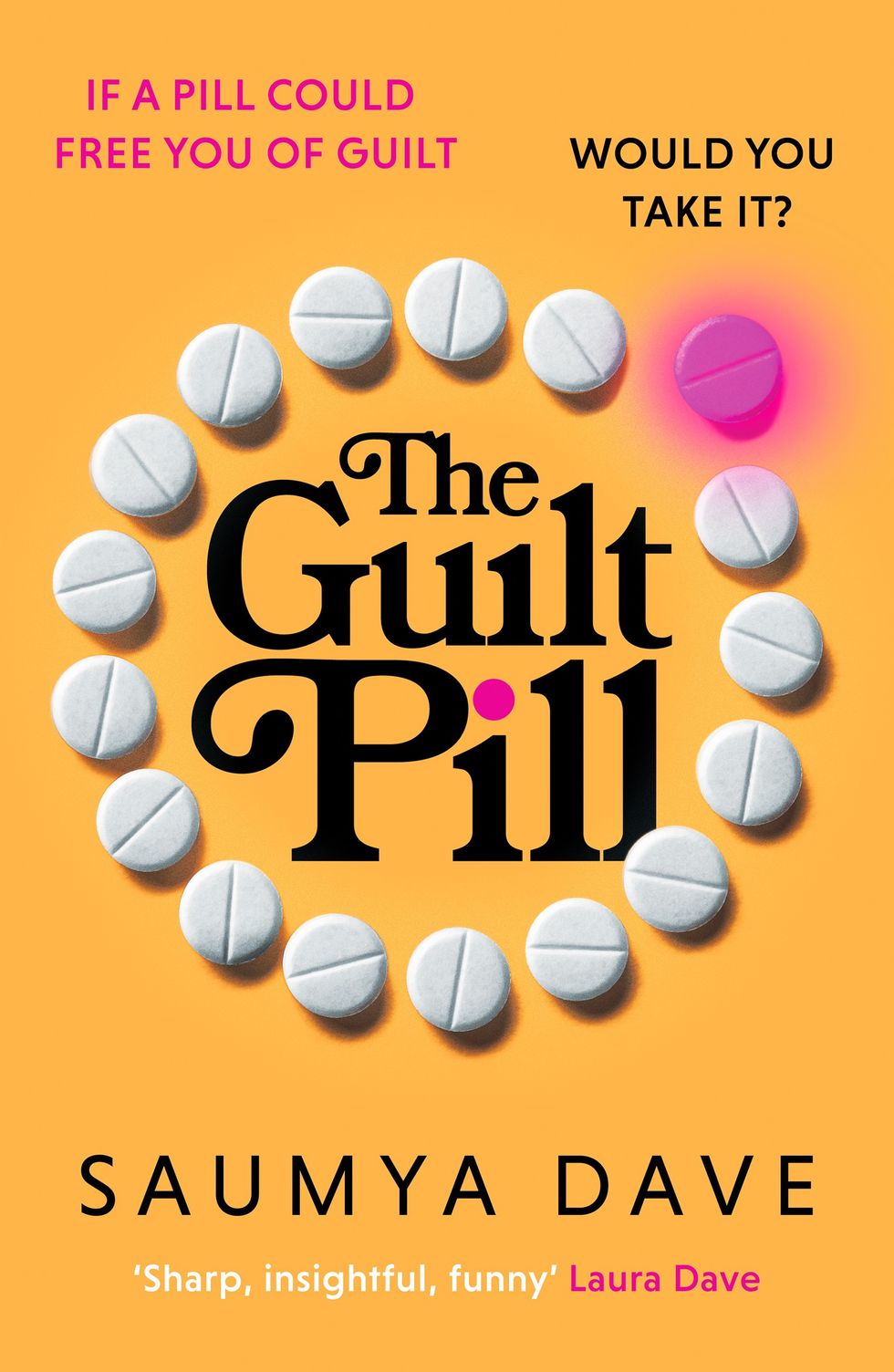 'The Guilt Pill' her latest booksaumyadave.com
'The Guilt Pill' her latest booksaumyadave.com
 Milli Bhatia
Milli Bhatia
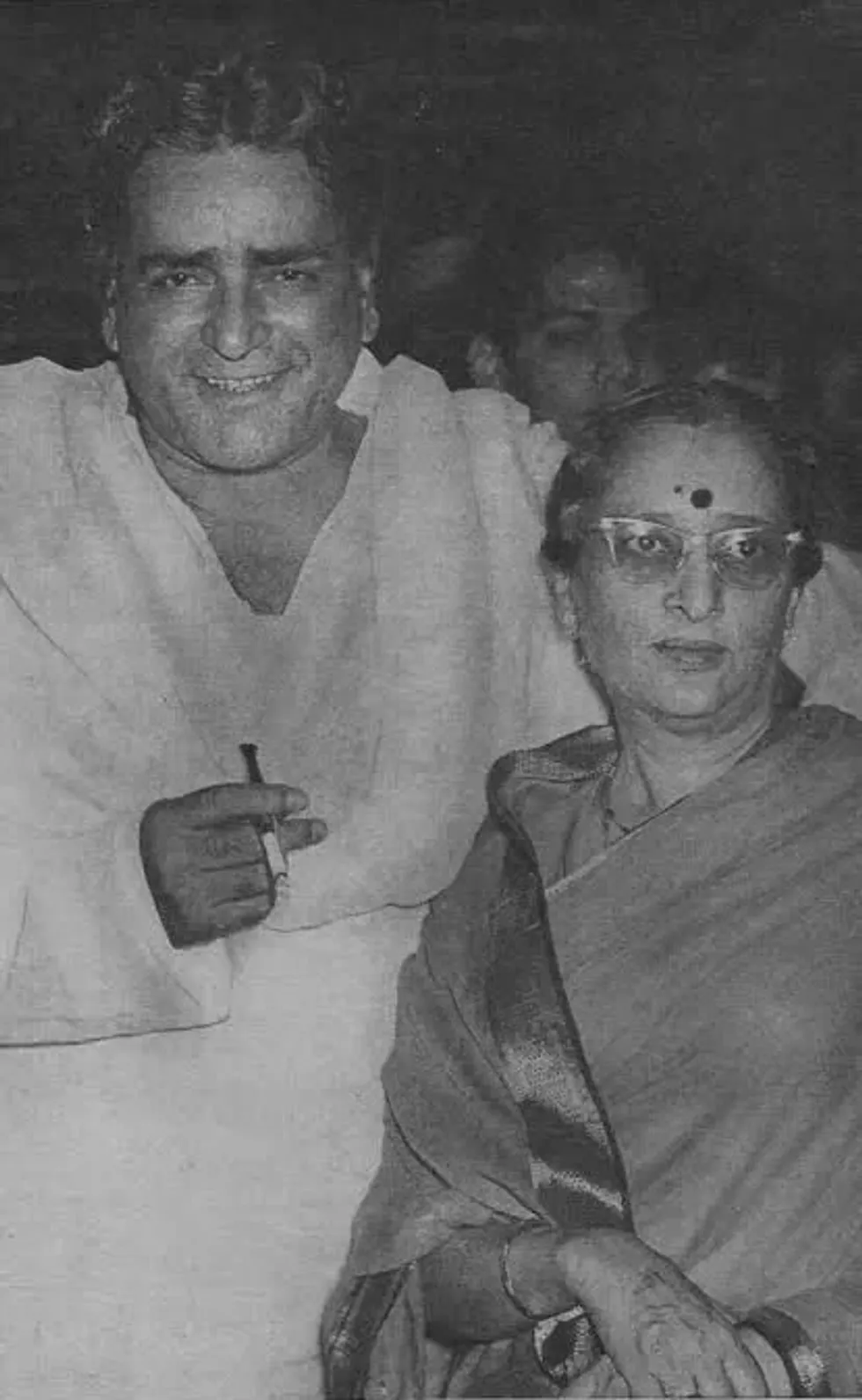 Prithviraj Kapoor and Ramsarni Mehra Reddit/ BollyBlindsNGossip
Prithviraj Kapoor and Ramsarni Mehra Reddit/ BollyBlindsNGossip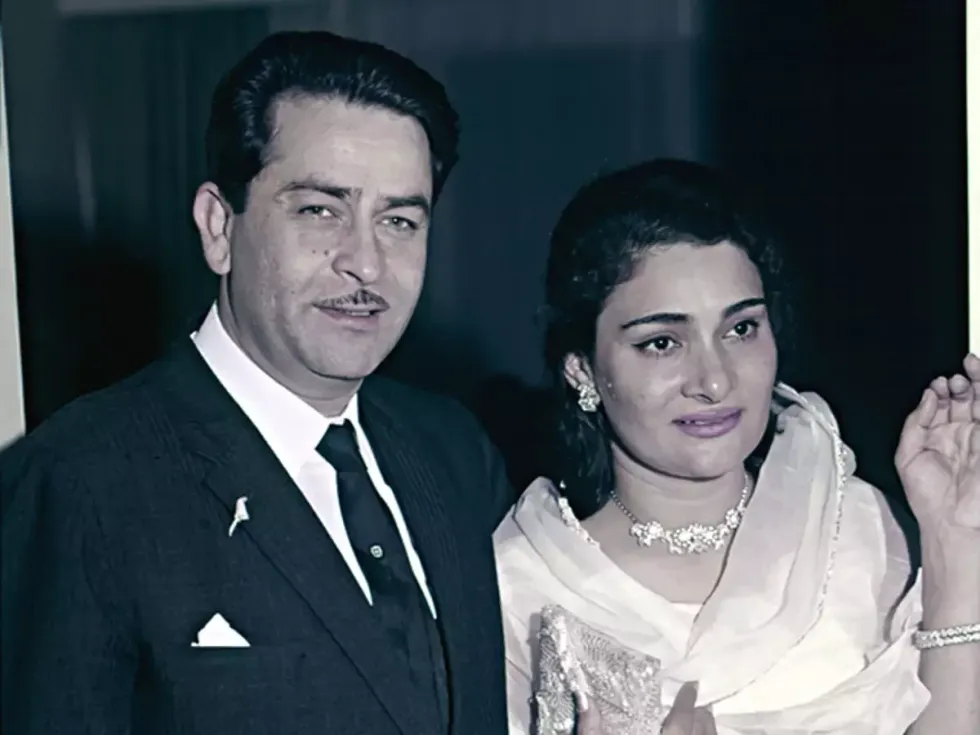 Raj Kapoor and Krishna MalhotraABP
Raj Kapoor and Krishna MalhotraABP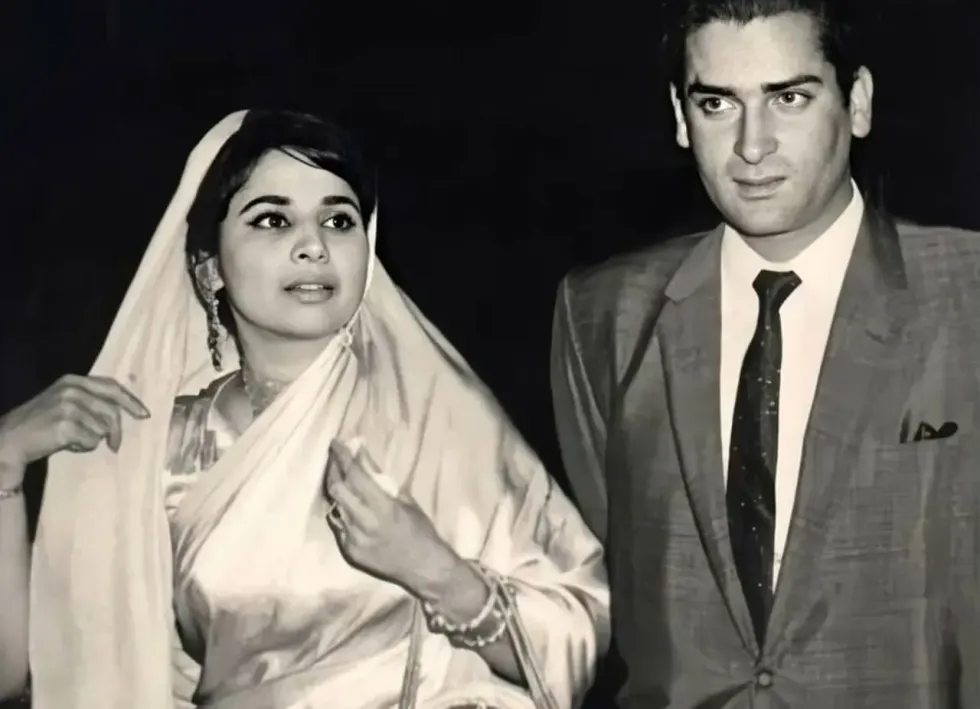 Geeta Bali and Shammi Kapoorapnaorg.com
Geeta Bali and Shammi Kapoorapnaorg.com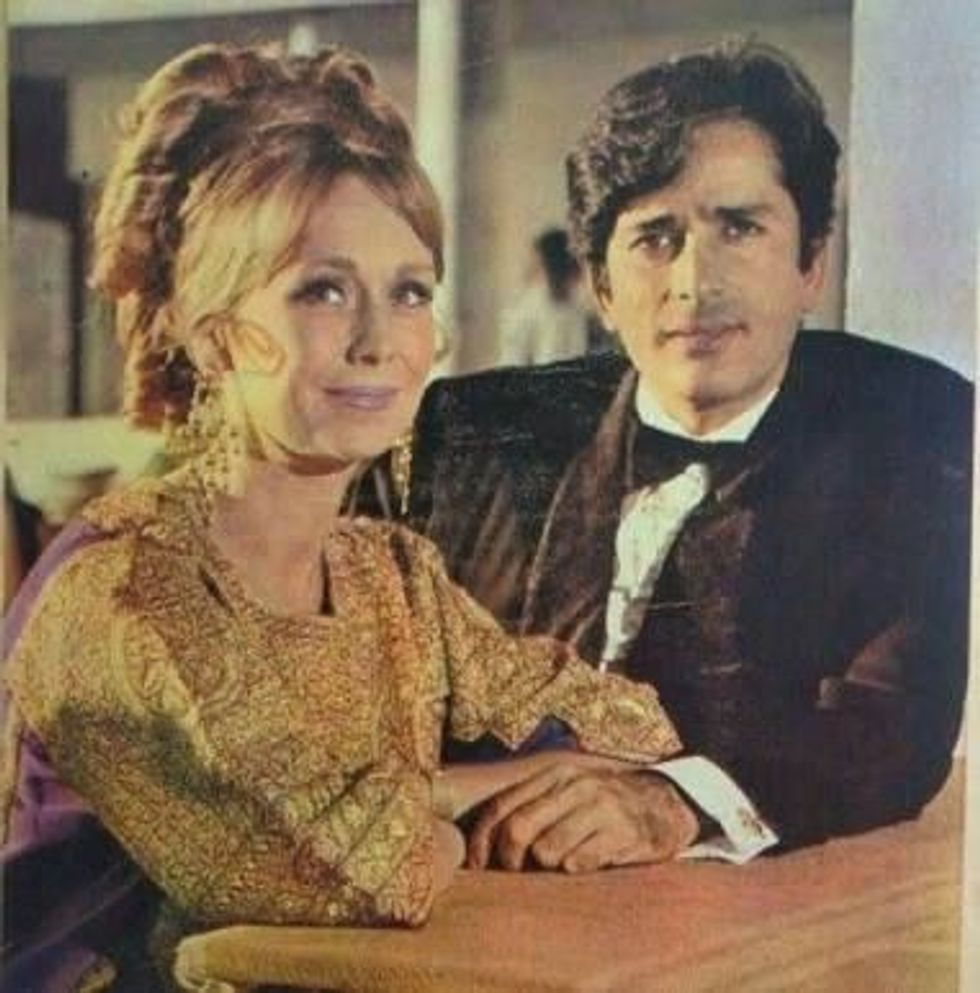 Jennifer Kendal and Shashi KapoorBollywoodShaadis
Jennifer Kendal and Shashi KapoorBollywoodShaadis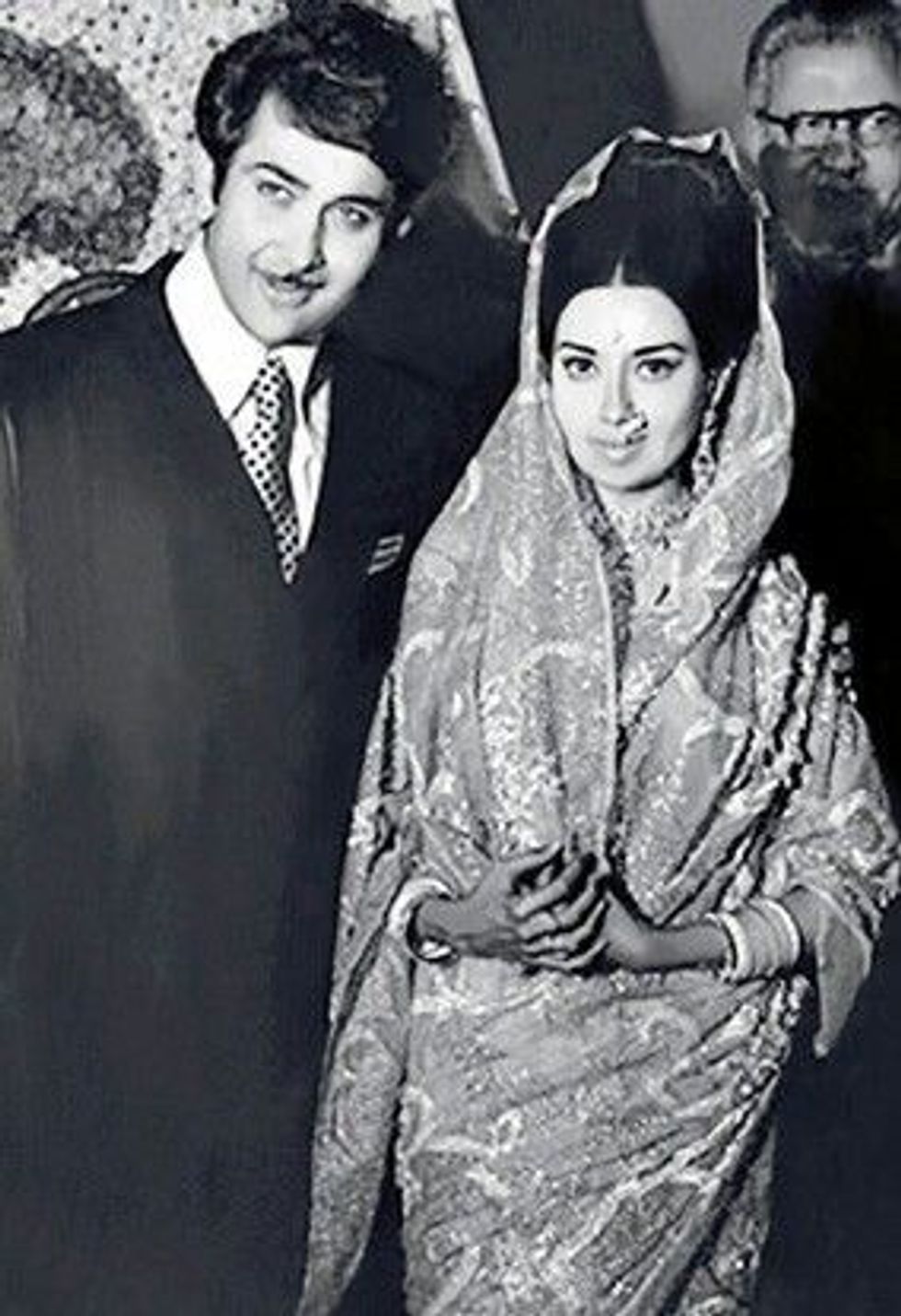 Randhir Kapoor and Babita BollywoodShaadis
Randhir Kapoor and Babita BollywoodShaadis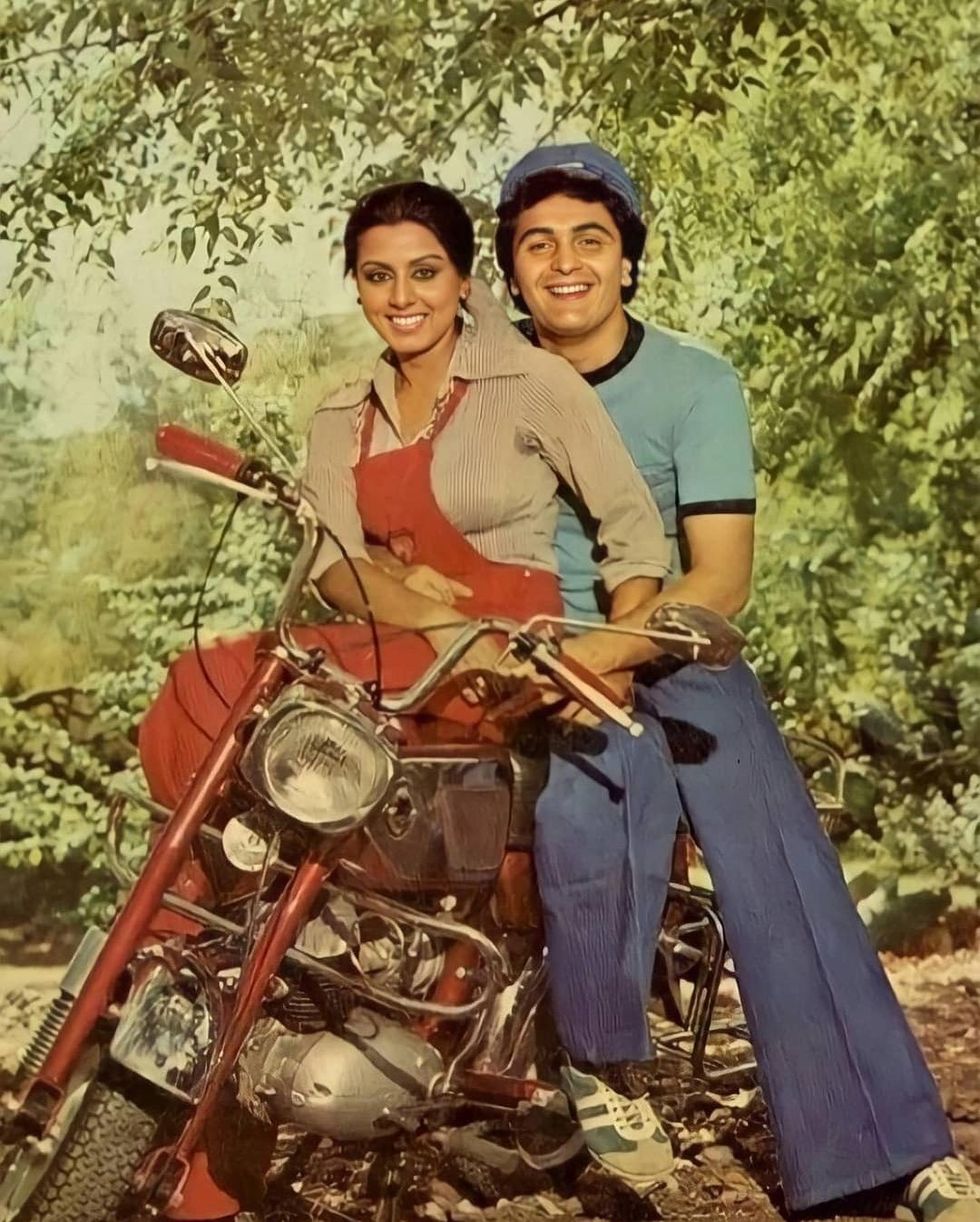 Neetu Singh and Rishi KapoorNews18
Neetu Singh and Rishi KapoorNews18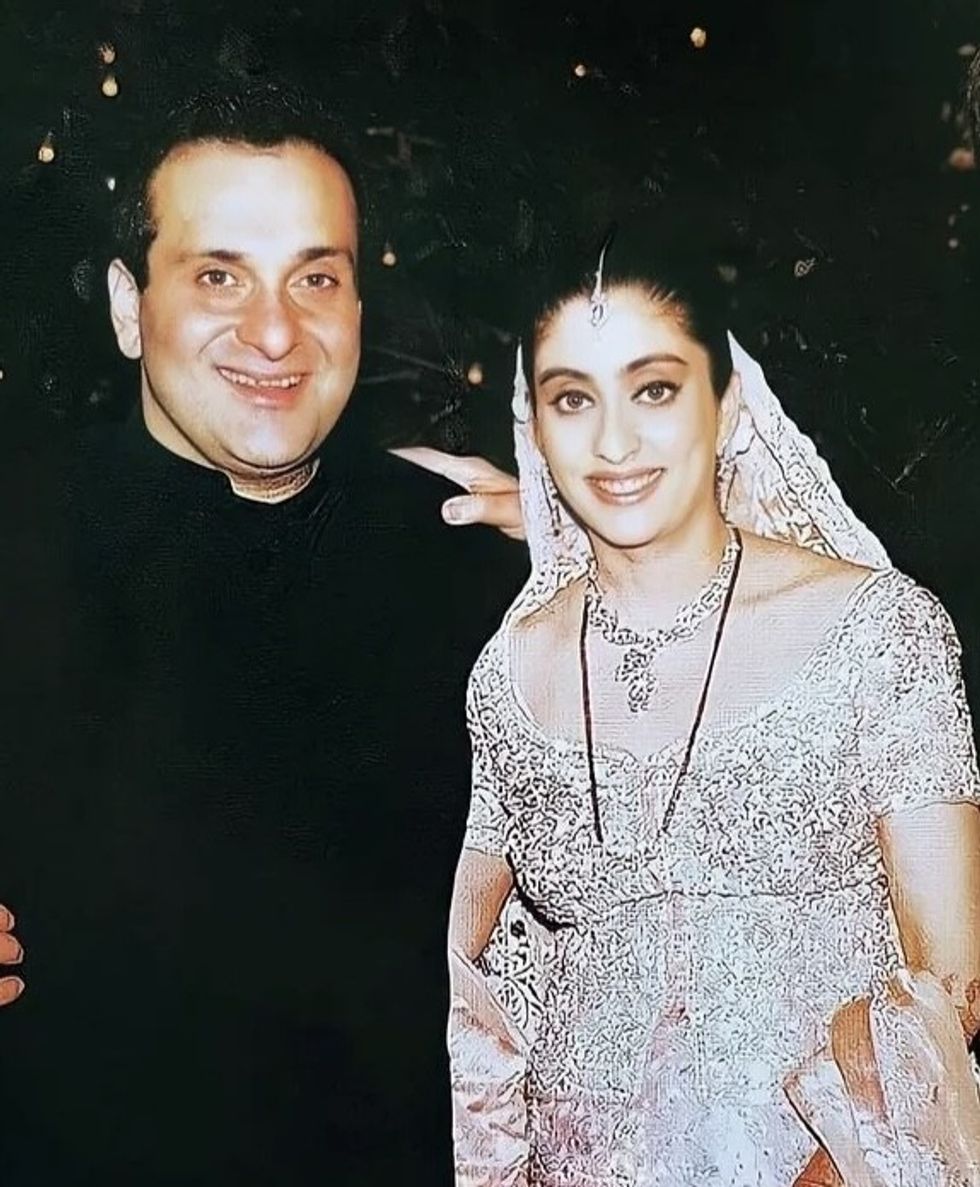 Rajiv Kapoor and Aarti Sabharwal Times Now Navbharat
Rajiv Kapoor and Aarti Sabharwal Times Now Navbharat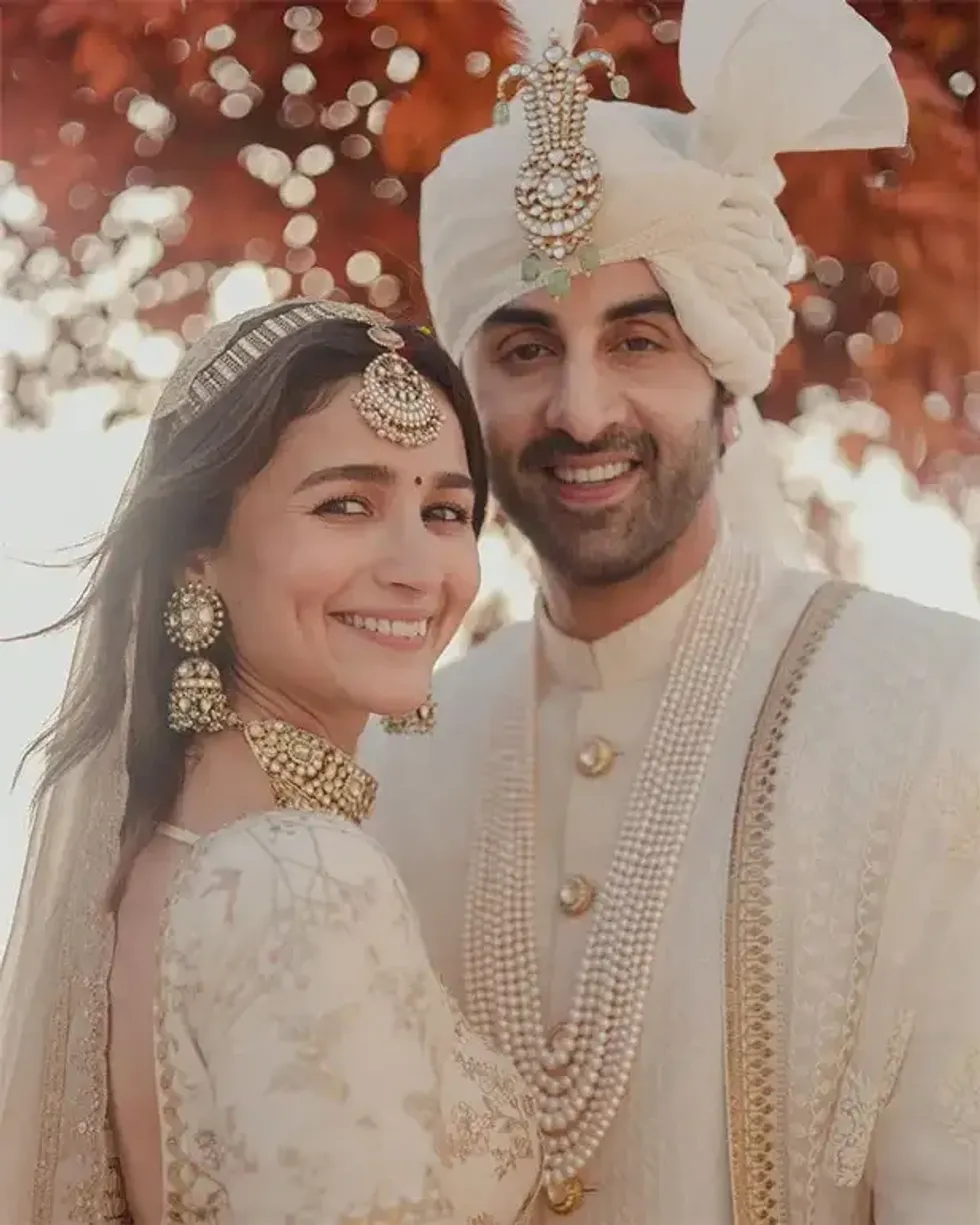 Alia Bhatt and Ranbir KapooInstagram/ aliaabhatt
Alia Bhatt and Ranbir KapooInstagram/ aliaabhatt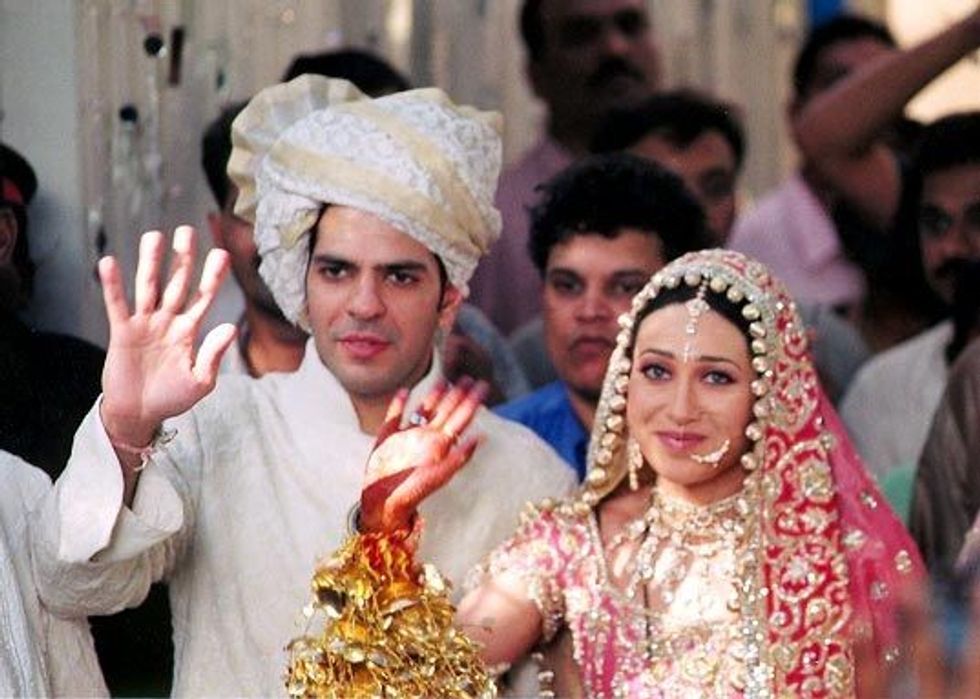 Sunjay Kapur and Karisma KapoorMoney Control
Sunjay Kapur and Karisma KapoorMoney Control
 The real Aurangzeb, the sixth Mughal emperor
The real Aurangzeb, the sixth Mughal emperor Protesters burn a poster of Aurangzeb demanding the removal of his tomb in Nagpur in March
Protesters burn a poster of Aurangzeb demanding the removal of his tomb in Nagpur in March Akshaye Khanna as Aurangzeb
Akshaye Khanna as Aurangzeb Raj Thackeray
Raj Thackeray